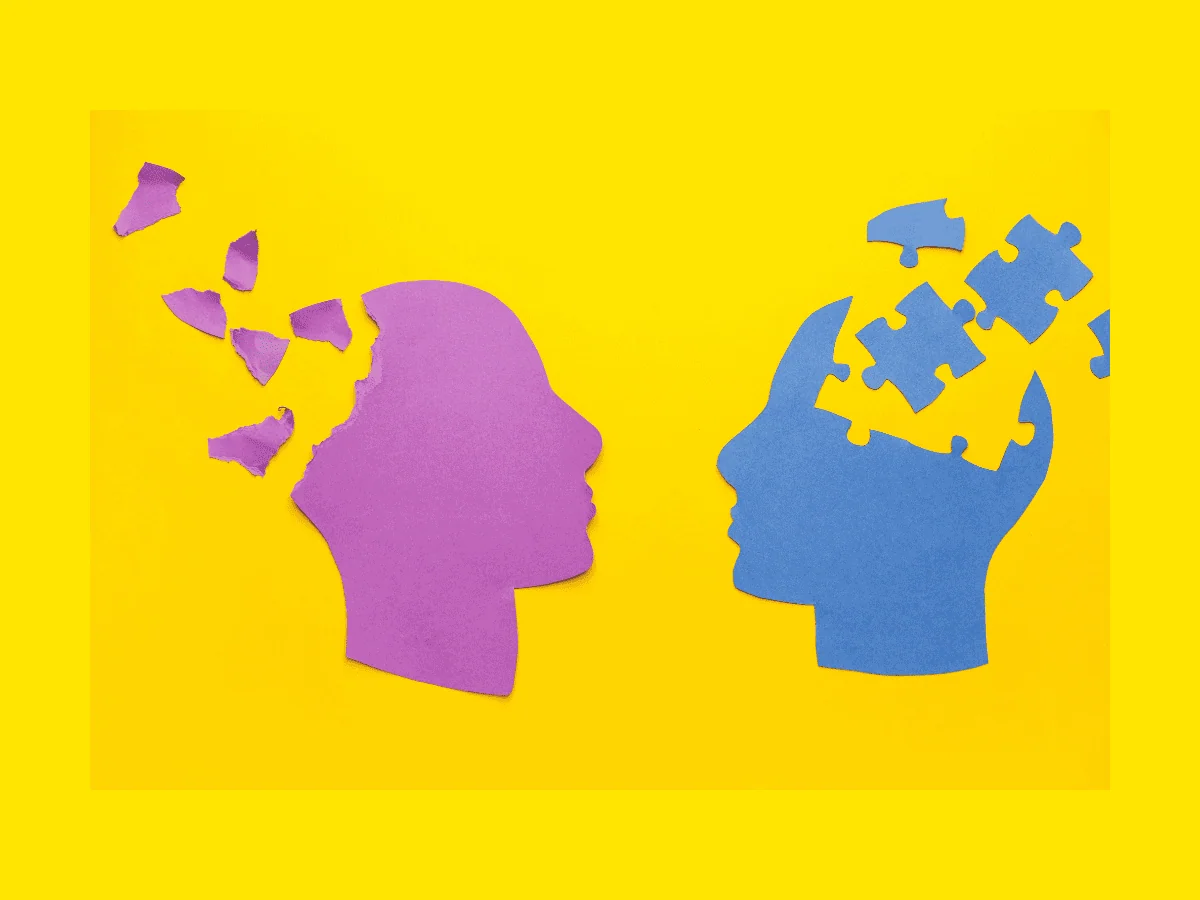In today’s fast-paced digital world, where screens dominate our daily lives, the enduring value of printed material is often overlooked. Yet, the tactile experience of holding a printed piece—be it a brochure, a magazine, or a business card—has profound psychological effects that digital media cannot replicate. At RoyerComm, we understand the unique power of print and how it can significantly impact our brains and behaviors. Let’s dig into the psychology of print and explore why tangible media remains an indispensable part of our lives.
The Tangibility Effect
Printed materials have a physical presence; they occupy space and have texture, weight, and even smell. This tangibility activates our haptic memory, the sensory experience related to touch. Studies show that physical engagement with print media leads to higher levels of emotional engagement and memory retention. When we hold a printed piece, we are more likely to remember its content and feel a personal connection to it. This phenomenon underscores the importance of print in marketing, education, and personal communication.
The Focus Factor
In an age of multitasking and digital distractions, print media offers a break for our overloaded brains. Reading printed materials allows for deeper concentration and minimizes distractions compared to digital reading. The act of turning pages and the absence of notifications contribute to a more immersive reading experience. This increased focus enhances comprehension and retention, making print an effective medium for conveying complex information and storytelling.
The Trust Element
Print media is perceived as more credible and trustworthy than its digital counterparts. The physical effort and cost associated with print publishing lend an air of legitimacy to printed content. Furthermore, the saturation of fake news and ephemeral content in the digital landscape has led to a growing skepticism towards online sources. In contrast, printed materials, such as newspapers, magazines, and academic journals, are often regarded as more reliable sources of information.
The Nostalgic Connection
Print media evokes a sense of nostalgia, offering a physical link to the past in our increasingly digital present. For many, printed materials hold sentimental value, reminding us of a time when life was simpler and less connected. This nostalgic appeal can create positive associations and emotional bonds with printed content, making it more memorable and impactful.
The Brand Experience
Printed materials play a crucial role in creating a holistic brand experience. From business cards to product packaging, tangible media offers unique opportunities for brand expression that digital cannot match. The quality of the paper, the printing techniques, and the design elements all contribute to the sensory experience of a brand. Print allows businesses to make a lasting impression, reinforcing brand identity and values.
Despite the rise of digital media, print remains a powerful and irreplaceable medium. Its psychological impact, from enhancing memory retention to building trust, makes it an essential tool in communication and marketing strategies. At RoyerComm, we are passionate about harnessing the unique strengths of print to help our clients connect with their audiences in meaningful ways. In a world where digital content is fleeting, the lasting impact of print stands out more than ever.
Embrace the psychology of print and discover how tangible media can enrich your life and your business. Contact RoyerComm today to explore the endless possibilities of print media.
Request a Quote
Over the years we have accumulated a lot of knowledge about how to create compelling impactful marketing communications. We are here to answer any questions you might have or offer guidance to help take your project from good to GREAT! Give us a call today.
